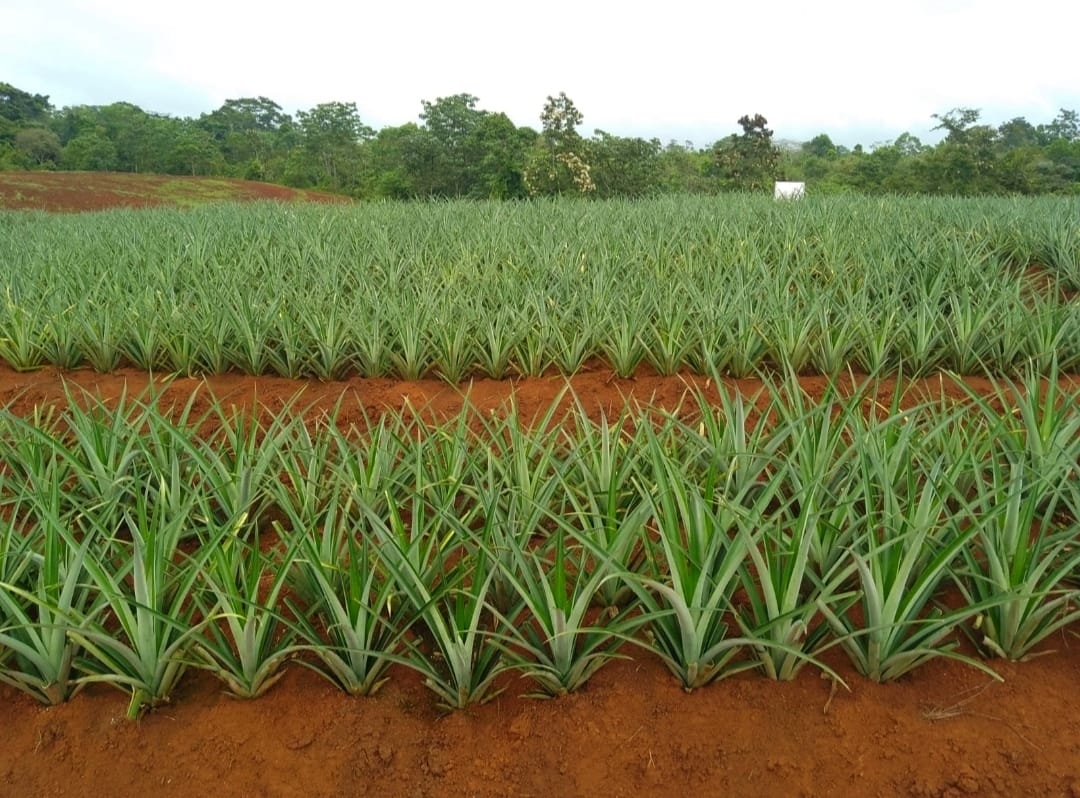How Long Does It Take to Sell Farmland? Exploring the Timeline

Selling farmland is a significant decision that involves various factors, including market conditions, property characteristics, and seller preferences. However, one common question among landowners is: How long does it take to sell farmland? In this article, we delve into the factors influencing the timeline for selling farmland, from listing to closing, and provide insights to help landowners navigate the selling process effectively.
What Are The Factors That Influence The Timeline For Selling Farmland?
The decision to sell farmland is often accompanied by a myriad of considerations, with one of the most pressing questions being: How long will it take to sell? The timeline for selling farmland is influenced by various factors, each playing a pivotal role in the duration from listing to closing.
Here, we explore the key factors that influence the timeline for selling farmland, shedding light on the complexities of the process and providing valuable insights for landowners navigating the sale of their agricultural properties. Understanding these factors is crucial for effectively managing expectations and optimizing the selling process to achieve successful outcomes in a timely manner.
Market Conditions
Market conditions play a significant role in determining the time it takes to sell farmland. In a seller's market with high demand and limited supply, farmland properties may sell more quickly due to competitive bidding and multiple offers. Conversely, in a buyer's market with low demand and abundant inventory, farmland sales may take longer as sellers compete for limited buyer interest. Monitoring local market trends, economic indicators, and buyer preferences can provide valuable insights into market conditions and guide pricing and marketing strategies to expedite the sale process.
Property Characteristics
The characteristics of the farmland property, such as location, size, soil quality, infrastructure, and zoning regulations, can influence its marketability and saleability. Highly desirable properties located in prime agricultural areas with fertile soils, ample water resources, and proximity to markets may attract more buyer interest and sell more quickly than properties with less favorable attributes. Properties with unique features or development potential may also command higher prices and sell faster than standard farmland parcels. Understanding the strengths and limitations of the property and highlighting its unique selling points can help attract potential buyers and expedite the sale process.
Pricing Strategy
Pricing the farmland property competitively and accurately is crucial for attracting buyer interest and expediting the sale process. Overpricing the property can deter potential buyers and prolong the time on the market, while underpricing may result in missed opportunities and reduced profitability for the seller. Conducting a comparative market analysis, evaluating recent sales of similar farmland properties in the area, and consulting with real estate professionals can help landowners determine the optimal listing price and pricing strategy to maximize market exposure and generate buyer interest.
Marketing and Exposure
Effective marketing and exposure are essential for reaching potential buyers and generating interest in the farmland property. Utilizing a combination of online and offline marketing channels, such as real estate websites, social media platforms, print advertisements, signage, and networking events, can increase visibility and attract qualified buyers to the property. Professional photography, virtual tours, drone footage, and descriptive property listings can enhance the property's appeal and engage prospective buyers, leading to faster sales and successful transactions.
Negotiation and Due Diligence
Once a buyer expresses interest in the farmland property, negotiation and due diligence processes ensue, which can impact the time it takes to finalize the sale. Negotiating the terms of the purchase agreement, including price, contingencies, and closing timelines, requires effective communication and negotiation skills from both parties. Conducting due diligence, such as property inspections, soil tests, title searches, and regulatory compliance checks, ensures that buyers are well-informed and confident in their decision to proceed with the purchase. Timely resolution of any issues or concerns that arise during the negotiation and due diligence phases is crucial for expediting the sale process and facilitating a smooth closing.
Closing Process
The closing process, which involves transferring ownership of the farmland property from the seller to the buyer, typically takes several weeks to complete. During this time, various tasks, such as finalizing financing, preparing legal documents, coordinating with escrow and title companies, and conducting a final walkthrough, are undertaken to ensure a successful transaction. Clear communication and cooperation between the seller, buyer, real estate agents, attorneys, and other parties involved in the closing process are essential for expediting the process and resolving any issues that may arise.
Conclusion
In conclusion, the timeline for selling farmland varies depending on various factors, including market conditions, property characteristics, pricing strategy, marketing efforts, negotiation dynamics, and closing procedures. While some farmland properties may sell quickly in hot markets with high demand, others may take longer to attract qualified buyers and finalize transactions.
By understanding the factors influencing the sale timeline and implementing effective strategies to optimize market exposure, pricing, marketing, negotiation, and closing processes, landowners can expedite the sale of their farmland properties and achieve successful outcomes. Engaging with experienced real estate professionals, such as land agents, appraisers, attorneys, and title experts, can provide valuable guidance and support throughout the selling process, ensuring a smooth and efficient transaction from listing to closing.
- Industry
- Art
- Causes
- Crafts
- Dance
- Drinks
- Film
- Fitness
- Food
- Spiele
- Gardening
- Health
- Home
- Literature
- Music
- Networking
- Other
- Party
- Religion
- Shopping
- Sports
- Theater
- Wellness
- News


